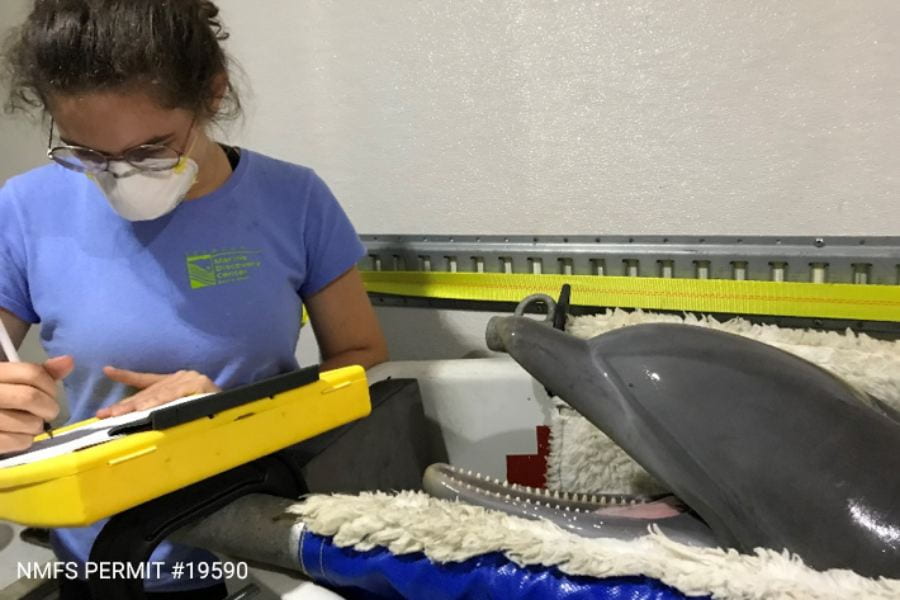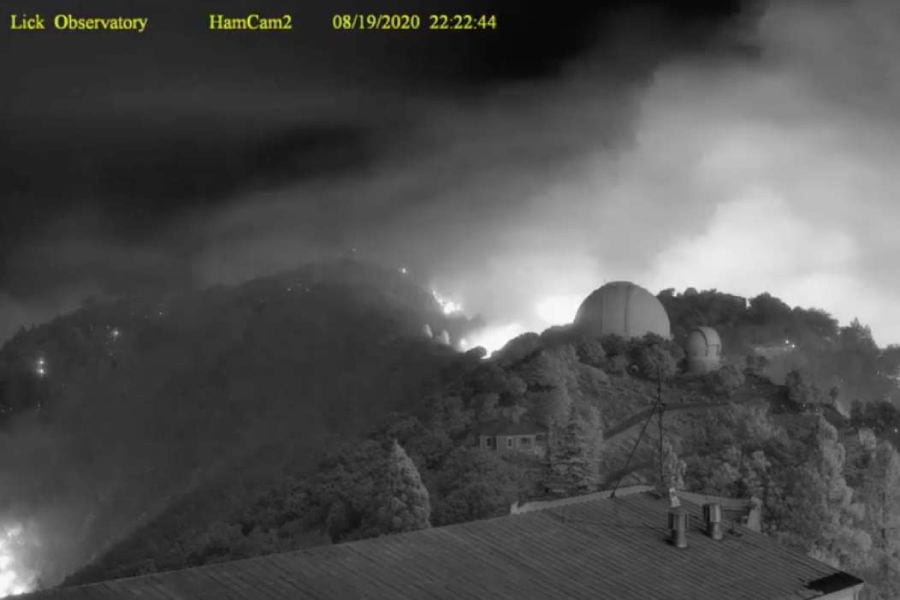Dear Friends of the Sciences at UC Santa Cruz,
As all of you are aware, the immense dry lightning storms on August 16 and the massive wildfires it sparked quickly upended our campus’s preparations for opening in Fall 2020 in the face of the COVID-19 pandemic. The fires came at a time when our science faculty members and Genomics Institute were ramping up virus and antibody testing to allow for the safest possible opening of campus. We were preparing to welcome our Banana Slug community back home. Faculty and staff worked hard to ensure quality of instruction so that our students across the world can effectively study and learn remotely. Beginning in early summer, we had progressively ramped up our research enterprise (though not yet to pre-COVID levels). Now, we have to face the aftermath of multiple wildfires and the unique challenges they bring to the sciences at UC Santa Cruz.
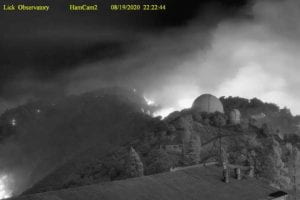
The SCU Lightning Complex, which as of August 26 has consumed 365,000 acres and is 25% contained, threatened our 130-year-old Lick Observatory on Mt. Hamilton.
One unoccupied building was destroyed. Even so, due to the courageous efforts of Cal Fire, the City of San Luis Obispo Fire Department, and Lick staff the telescope domes and other buildings were spared. Damage to the delicate instruments they contain and the cleaning needed to ensure their operation are just beginning to be assessed. We will know more in the coming weeks. Please support the Lick Observatory fire relief effort.
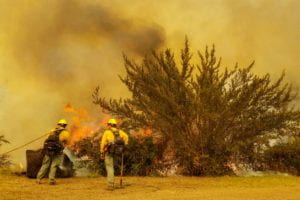
The Dolan Fire on the Big Sur coast tore through the Landels Hill-Big Creek Natural Reserve and the adjacent property owned by the Packard family, which is also managed by UC Santa Cruz staff. The fire was intentionally set, covers more than 20,000 acres, and is 15% contained (as of August 26).
Much of the reserve burned, but residential and research facilities operated by the campus were saved through the work of CalFire, the U.S. Forest Service, Big Sur volunteer firefighters, and the reserve staff. In addition, proactive measures, including the maintenance of defensible space around buildings, sprinklers, and water tanks helped to protect structures. The loss of natural habitat on the reserve is extensive and is just beginning to be assessed. This is the third fire to pass through the reserve in the past three decades. Please support the Big Creek Natural Reserve fire relief effort.
The greatest threat to the UC Santa Cruz campus, Coastal Science Campus, and Westside Research Park, has come from the huge CZU Lightning Complex fire in San Mateo and Santa Cruz counties. As of August 26, the fire has consumed more than 81,000 acres and is 21% contained. Nearly 600 structures of the surveyed structures were destroyed, and that count is expected to rise. The fire prompted us to evacuate two dolphins, five seals, and a sea lion from our Long Marine Laboratory at the Coastal Science Campus. All animals are safe.
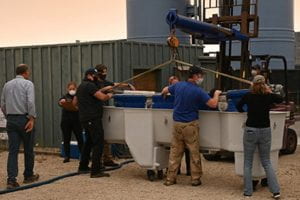
The immediate threat to the campus and town of Santa Cruz has abated somewhat. Yet the fires and forced evacuations have displaced nearly 80,000 people across a vast area from the crest of the Santa Cruz mountains to the sea from Highway 17 to San Gregorio. The nearby affected communities (Davenport, Felton, Bonny Doon, Ben Lomond, Boulder Creek, Scotts Valley), the main residential campus, and unincorporated rural areas, are home to many faculty, staff, and students. Some lost homes and many others will be displaced for weeks to months. The campus is scrambling to provide short- and long-term housing, financial, and emotional support. Fortunately, as of the evening of August 26, several faculty and staff housing units on the residential campus reopened. Please support the UC Santa Cruz Community Wildfire relief effort.
The devastation of the wildfires will slow our progress in preparing for fall. The reopening of campus will be phased as we ensure that systems we shut down in the face of the wildfire threat are brought back online and the campus is cleaned of ash and assessed for smoke and ash damage. Our community will be stretched thin coping with the twin crises of reopening during a pandemic and responding to wildfire impacts, in many cases while dealing with the direct and substantial impacts of the wildfires on private lives. Slugs are resilient, but we need to be sensitive to the stresses they are facing and pace our return accordingly.
The last two weeks have been extraordinarily trying, but I am awed by the compassion, strength, and resilience of our community. I’m confident the campus and community will rebound and thrive, but aware that the path ahead will not be easy, especially for those who have been so grievously impacted by the wildfires.
Stay safe and stay well. Fiat Slug!
Paul Koch
Dean, Division of Physical & Biological Sciences
Distinguished Professor of Earth & Planetary Sciences


